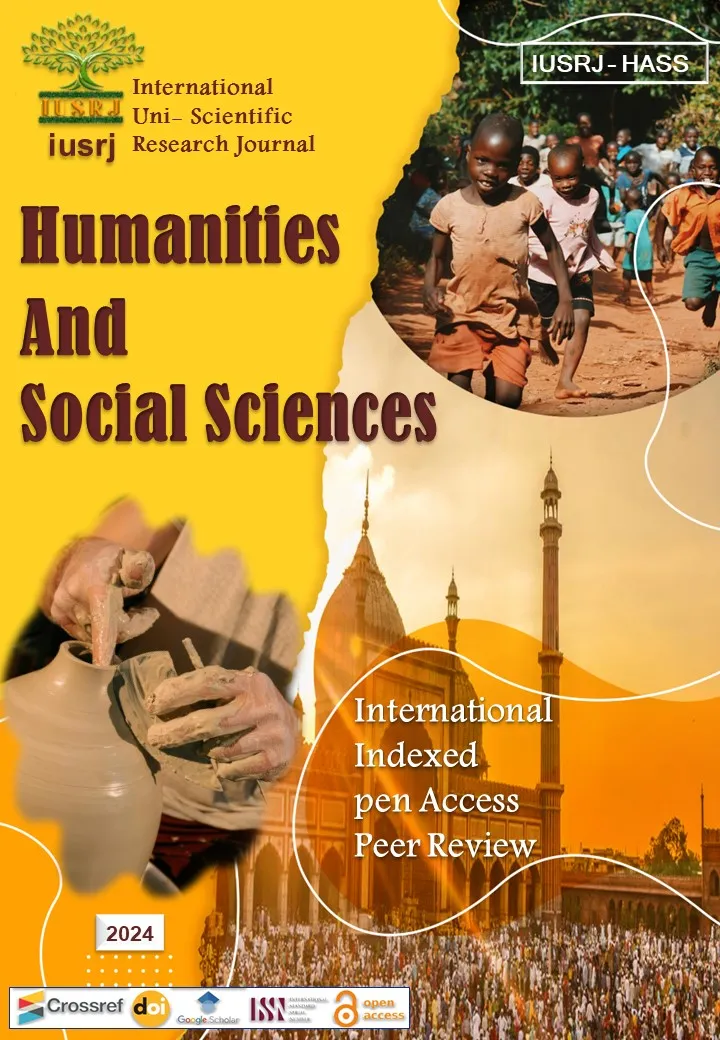The rationale behind this research is involving the teaching staff directly as well as efficiently in distance learning. In addition, our main target lies in reading and analyzing the urgent and unexpected context which forced us to resort to such pedagogical choice. Eventually, we will cast more light on the procedures adopted to make such experience a great success. Distance learning is an opportunity to find out more details about how the learning-teaching process works. It defined the extent to which we can make advantage of the Information and Communication Technology including social media. It also reinforced the importance and values of self-reliance as well as sharpening self-learning skills for both learners and teachers. The field work we had already conduacted, in this reagard, gives us further information about our ability to make the already set goals true, especially the pedagogical continuity challenge. It also enables us to learn about how to embetter the quality of our education system so as to achieve development. Such ambition cannot be met unless we bridge the gap between our socio-territorial contradictions and the ICT revolution.
Keywords:
The pandemic COVID 19, Classroom learning, The teaching staff, Educational assessment.
[1] Knowles, A. S. E. (1977), The International Encyclopedia of Higher Education (Vol. 5), San Francisco, Jossey-Bass Publishers.
[2] - Ako El Houssein et al., 2020, "The Corona pandemic and the question of digital transformation in Morocco", in "The Corona pandemic and civil society, interventions and the question of outcomes", Moroccan Center for Research and Policy Analysis, Morocco.
[3] - Benabdelmalek (Idriss) et al., 2020, "Distance Education: Between the Concern for Ensuring Pedagogical Continuity and the Need to Overcome Psychological Pressures", collective author, a series documenting the works of books in the time of "Corona Virus", the Covid-19 pandemic and its social, educational and psychological effects" issued by Takamul Center for Studies and Research, Publications of the Researchers Foundation for Studies, Research, Publishing and Cultural Strategies, Morocco.
[4] Ramzi Ahmed (Abdel Hay), 2010, "Distance Learning in the Arab World and the Challenges of the 21st Century", Al-Manhal Publishing House, Cairo, Egypt.
[5] Chokri Mustafa, 2020, "Distance Education in the Time of Corona, Realities of Reality and Hopes for the Future", in "The Corona Pandemic and Civil Society, Interventions and the Question of Outcomes", published by the Moroccan Center for Research and Policy Analysis, Morocco.
[6] Tariq Abdul Raouf (Amer), 2014, "Distance Learning and Open Learning", Dar Al-Yazuri Scientific Publications for Publishing and Distribution, Amman, Jordan.
[7] Fellis (Zakaria), 2020, "Distance Education and the Principle of Equal Opportunities", in "The Corona Pandemic and Civil Society, Interventions and the Question of Consequences", Publications of the Moroccan Center for Research and Policy Analysis, Morocco.
[8] Yahya (Mustafa), 2003, "Communication Media and Educational Technology", Dar Fada Publications, Amman, Jordan.
[9] IMF, 2018, "Measuring the Digital Economy," staff report prepared by IMF staff and updated on February 28, 2018.
[10] The website of the Ministry of National Education, Higher Education and Scientific Research, Statement of the Minister of Education, Patriotism, Higher Education and Scientific Research, Government Spokesperson before the House of Councillors, Tuesday 12/05/2020, www.men.gov.ma
Citation
Abdul Aziz Abdel Sadiq, Idris Abdel Malik and Nadia Aatiqi(2020), Teaching staff's feedback on distance learning during the pandemic COVID 19: . IUSRJ International Uni-Scientific Research Journal (1)(15),93-98. https://iusrj.org/articles/doai202010301110Call for Paper

We are going to launch a new Volume, 15th of next Month of peer-reviewed OpenAcess journal publishing original research articles. IUSRJs' publish innovative papers, reviews, mini-reviews, rapid communications and scheduled to monthly. For this purpose, we would like to ask you to contribute your excellent papers in IUSRJs'. Your comments will help us improve the quality and content of the journals. The journals accepts Review Articles, Original Articles and Short Communications. Brief Report, Books Review, Thesis Submit your valuable work: Submit Now Submit your article through : [email protected]
